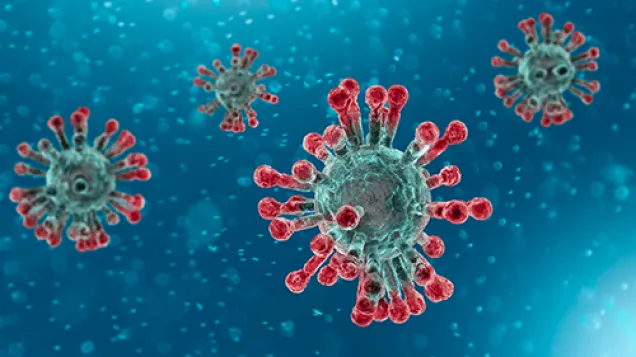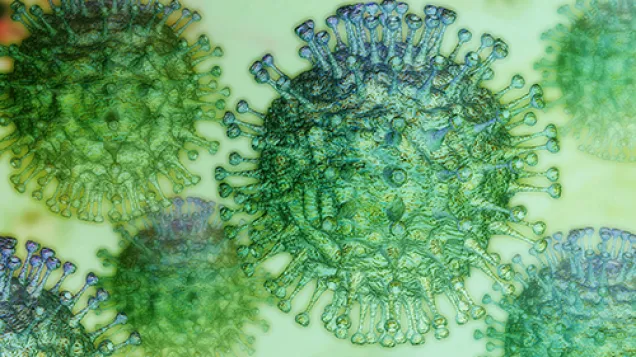Considerations for the use of antibody tests for SARS-CoV-2 – first update
Public health guidance
This report is the first update of a brief technical note that was developed at the request of the European Commission to inform the discussion on Digital Green Certificates to facilitate the safe and free movement of citizens within the EU during the COVID-19 pandemic.
Executive Summary
Key messages
- At present, antibody tests are mostly used in research studies (mainly sero-epidemiological) at population level rather than for individual diagnosis of COVID-19 cases.
- A positive antibody test result can indicate a previous infection or vaccination but cannot be used to determine whether an individual is currently infectious or protected against infection.
- In the absence of a positive diagnostic test result, antibody tests cannot determine the time of infection.
- The antibody titres that correlate with protection from infection are currently unknown.
- There are a variety of antibody tests available and it is extremely difficult to compare their results due to the diversity and lack of standardisation.
- Antibody tests that target the spike protein are unable to distinguish between those who have been previously infected and those who have received at least one dose of a SARS-CoV-2 vaccine.
- There is a risk that the antibodies detected by the commercial tests currently in use will not prevent infection with newly emerging SARS-CoV-2 variants.
Publication file
Considerations for the use of antibody tests for SARS-CoV-2 – first update, 10 February 2022
English (386.55 KB - PDF)Related files
The use of antibody tests for SARS-CoV-2 in the context of Digital Green Certificates - 10 May 2021
English (212.48 KB - PDF)Share this page



